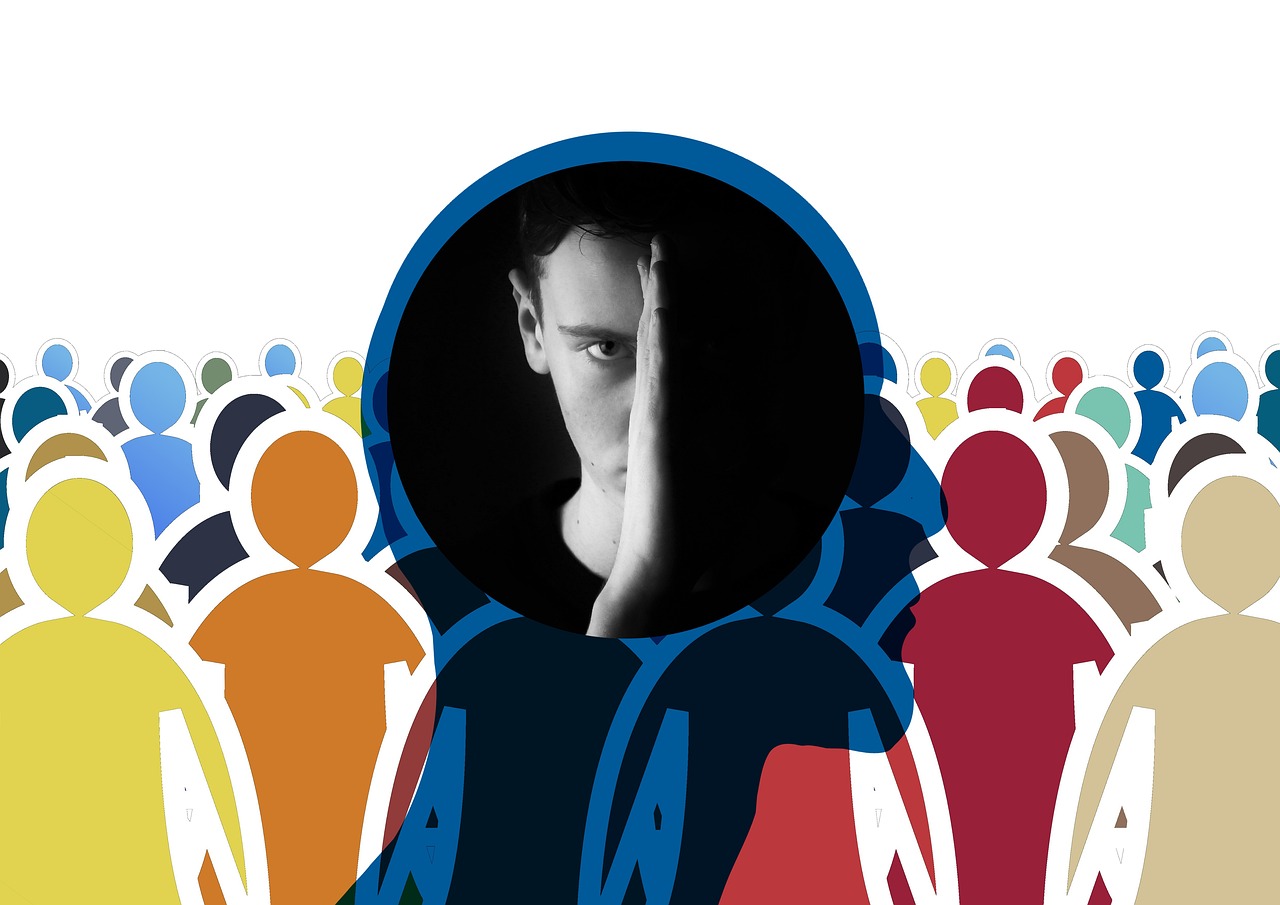Overcoming Social Anxiety
Social anxiety disorder (also known as social phobia) is a common mental health condition affecting millions worldwide. It is characterized by an intense fear of being judged or embarrassed in social situations, to the point where it can interfere with a person’s daily life. Fortunately, there are ways to manage and overcome this disorder. In this blog post, we will go over some tips and strategies for managing social anxiety disorder.
Develop Coping Strategies
One way to manage your social anxiety is to develop coping strategies that work for you. For example, focus on your breathing and count to 10 slowly if you’re feeling overwhelmed in a large crowd. This will help you stay focused on the present moment instead of ruminating about what could go wrong or what other people are thinking about you. If it helps, practice deep breathing and counting ahead of time so that it becomes second nature when needed.
Build Your Confidence
Finally, building your confidence can help reduce social anxiety in the long run. This means learning how to love yourself for who you are and accepting yourself, flaws, and all. We all have our own unique gifts and talents that make us special—so rather than focusing on what we don’t have or can’t do well, let’s spend more time celebrating our strengths! Doing something kind for ourselves every day can help build self-confidence over time.
Understand Your Fear
The first step in managing your social anxiety is understanding what causes it. This means learning about your triggers and identifying the source of your fear. It can be helpful to write down specific thoughts or feelings you have when experiencing a fear episode in order to get a better sense of what is causing it. Once you have identified the source of your fear, you can start taking steps to address it head-on.
Challenge Negative Thoughts
Negative thinking patterns are often at the root of social anxiety disorder. When you experience negative thoughts or feelings, it can be helpful to think about them objectively and challenge them with logic and evidence. For example, if you feel like everyone is judging you when you enter a room full of people, take some time to think about why that might not be true – chances are, most people are not even paying attention to you! Challenging these negative thoughts can be instrumental in reducing stress and anxiety levels in social situations.
Redirect Your Attention
When dealing with social anxiety disorder, it can be helpful to redirect your focus away from yourself and onto something else instead. This could include engaging in activities like reading a book or listening to music while in a public setting; not only will this help distract your mind from any negative thoughts or feelings you may be having, but it can also help make the situation more enjoyable overall! Additionally, if possible, try talking to a friendly and supportive person; this could help alleviate some of your anxiety and provide some much-needed emotional support during difficult times.
While managing social anxiety disorder can be challenging, there are many effective strategies that can help reduce its effects on your life. Taking time to understand the source of your fear and challenging any negative thought patterns that arise can be instrumental in reducing stress levels in various situations. Additionally, redirecting attention away from yourself and engaging in calming activities like reading or listening to music can also help make anxious moments more bearable. These tips for managing social anxiety disorder will prove invaluable over time with consistent practice and dedication.

